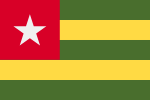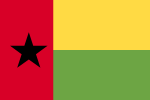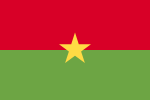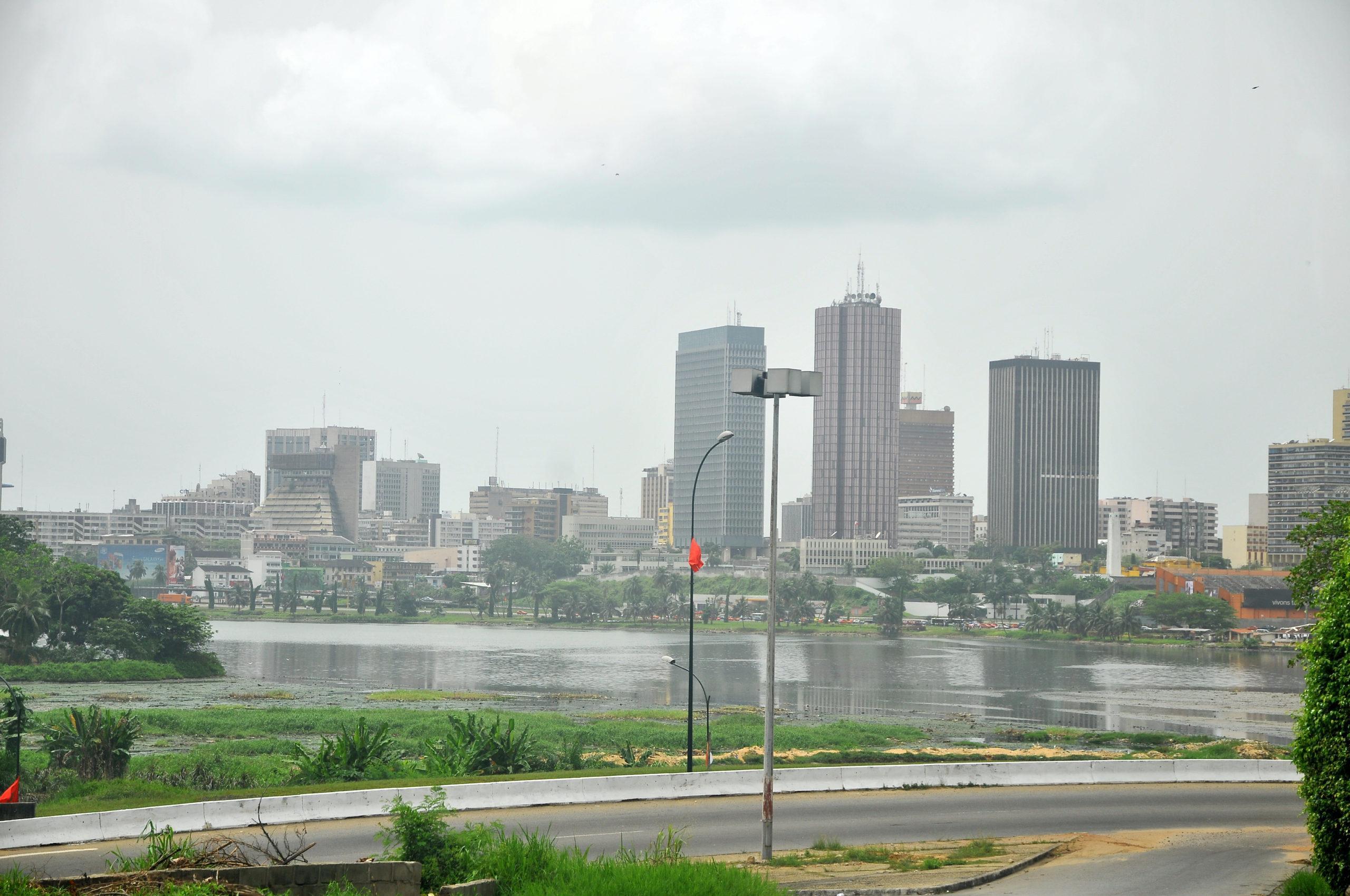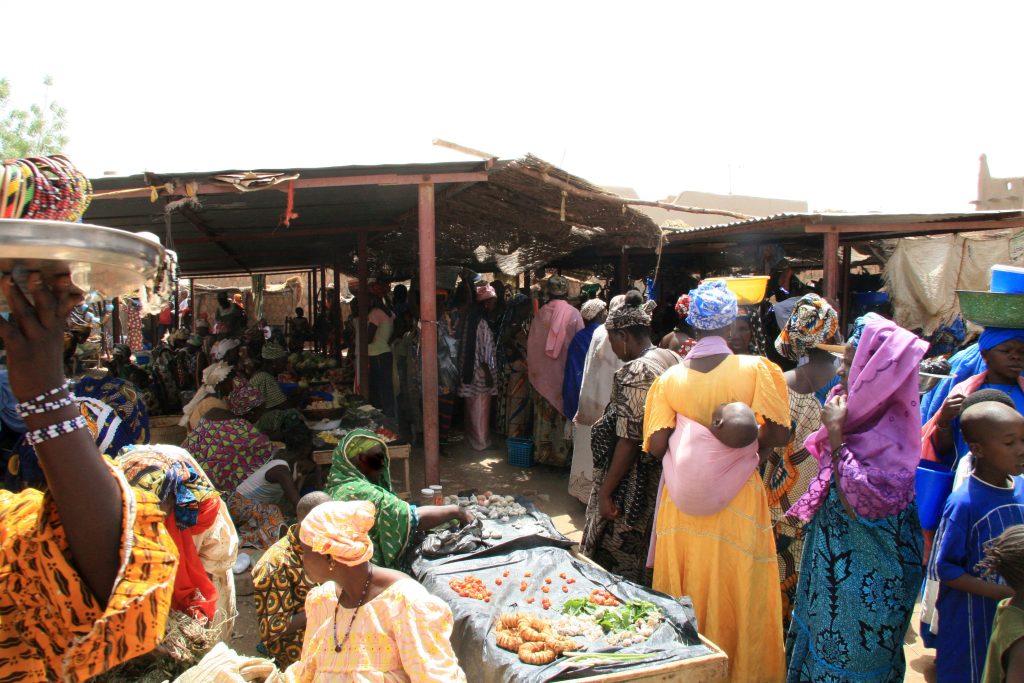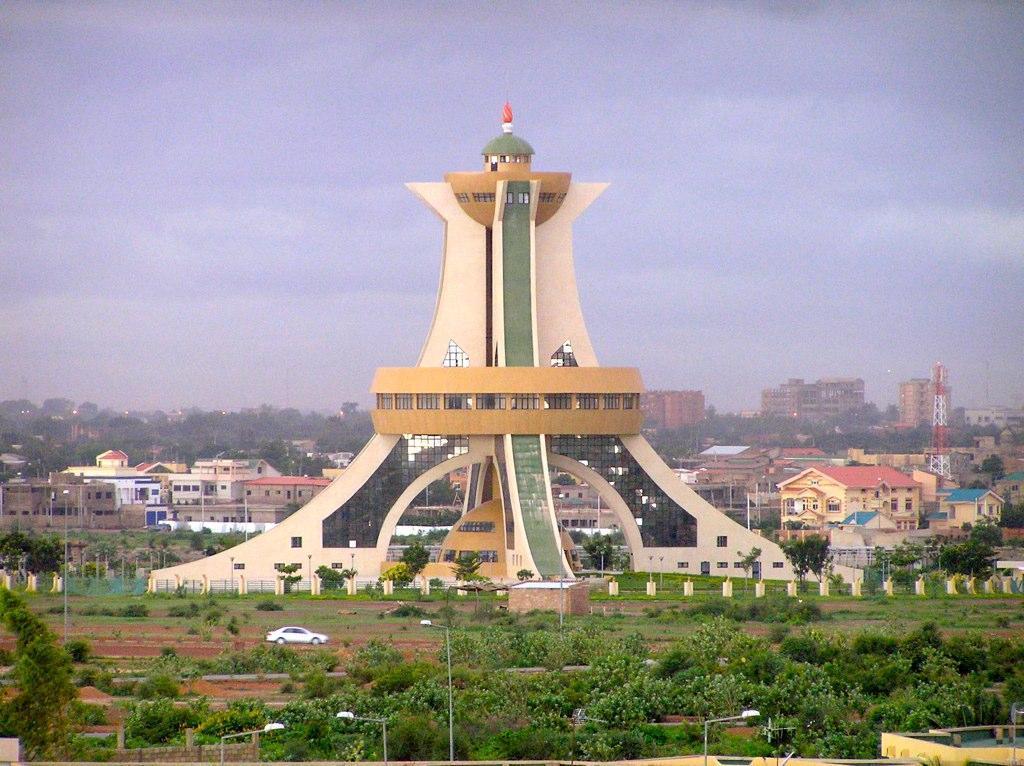Côte d’Ivoire has maintained a good economic dynamic in 2019. It recorded real GDP growth of 6.9% for 2019. This performance makes it the leading economy in the WAEMU. Moreover, the Ivorian economy remains one of the most dynamic economies in Sub-Saharan Africa, where the average growth rate was 3.7% in 2019 according to the IMF. However, the country will experience a slowdown in growth in 2020, which according to initial projections will be 3.6%, due to the COVID-19 health crisis. On the other hand, the world economy is expected to be in recession in 2020.
This dynamic economic growth in Côte d’Ivoire is maintained by the implementation of structural reforms in the national development plan aimed at making Côte d’Ivoire an emerging economy.
Secondary and tertiary sectors: drivers of Ivorian economic growth
Immediately after the 2011 post-electoral crisis, the Ivorian government established two (2) successive National Development Plans (PND) covering the periods 2012-2015 and 2016-2020. The second plan (2016-2020) is a continuation of the actions of the first plan, and aims to significantly reduce poverty and achieve a dynamic, liberal and outward-looking economy, while focusing on industry as an essential pillar of economic transformation. The actions implemented within the framework of the 2016-2020 PND have thus enabled Côte d’Ivoire to maintain a strong, stable and sustained level of GDP growth estimated at 7.1% over the period 2016-2018. This economic performance is driven by the dynamism of the secondary and tertiary sectors, which are undergoing major changes.
The good performance of these sectors should continue over the period 2020-2021 with projected growth rates of 8.5% for the secondary sector and 7.5% for the tertiary sector.
To strengthen the contribution of the secondary sector to economic development, the Ivorian government has opted for certain measures in the implementation of the PND. Thus, it places at the center of its priorities the structural transformation of the economy, essentially based on the acceleration of industrialization, particularly in the agri-food sector. As a result, the contribution of the secondary sector should increase from 19% of GDP in 2015 to 22.6% of GDP over the period 2020-2021. Growth in this sector, driven by agri-food, mining, construction and energy, is estimated at 23.2% in 2019, compared with 21.9% in 2018.
The tertiary sector, for its part, made a strong contribution to GDP growth over the 2015-2019 period following the implementation of three (03) key activities: the development of the internet and innovative services such as mobile money, the tenfold increase in trade supported by the national production of foodstuffs and finally imports of consumer goods. However, the contribution of the tertiary sector to GDP fell slightly in 2019 to 42.9% from 45.2% in 2016. The contribution of the tertiary sector to GDP in 2019 is estimated at 42.9% and could reach 43.8% in 2020.
The Ivorian economy is heavily dependent on agriculture despite the strength of the secondary and tertiary sectors. Although agriculture plays an important role in the economy, it remains vulnerable to fluctuations in world agricultural prices and to climatic conditions. Thus, the contribution of the primary sector to GDP is expected to be 15.0% in 2020, against 15.7% in 2019 and 17.5% in 2018.
An economy supported by the implementation of the National Development Plan
In 2017, Côte d’Ivoire suffered internal and external shocks that caused GDP growth to slow to 7.7%. Indeed, since 2013, the GDP rate has never been below the 8% mark. This slowdown continued in 2019 with an estimated growth rate of 6.9%. Growth is expected to slow down in 2020 due to the negative impact of the COVID-19 pandemic on the economy. Indeed, the growth rate in 2020 is expected to be 3.6%.
The government is continuing to implement the various reforms included in the PND in order to improve the business climate and its investment policy in growth sectors. This race to develop Côte d’Ivoire is supported by the improvement of all sectors of activity:
– the primary sector, driven by export agriculture and food crops and livestock, with an estimated contribution to GDP of 15.0% in 2020, after 15.7% in 2019 and 17.5% in 2018;
– the contribution of the secondary sector will decline slightly to 22.8% in 2020, compared with 23.2% in 2019 and 21.9% in 2018. The acceleration between 2018 and 2019 was mainly due to the growth of manufacturing industries, including agri-food;
– As for the tertiary sector, its contribution to GDP should increase by 0.9 percentage points over the period 2019-2020 after 0.4 points in 2018-2019. The tertiary sector owes this dynamic to the improvement in transport services, telecommunications, trade and other services.
Côte d’Ivoire’s economic outlook for the period 2020-2022
The transformation of Côte d’Ivoire into an emerging economy is the main objective of the government in order to significantly reduce poverty over the period 2020-2022. This perspective is based on the economic reforms adopted. Thus, it is expected over this period a structural transformation of the economy by encouraging new value chains, substantial improvement of the business climate and good governance and more inclusive economic growth.
Investments would be concentrated on the development of industrial infrastructure and the processing of agricultural products (increasing the processing rate of cocoa and cashew nuts from 50.0% and 25.0% respectively to 30.0% and 9.0% in 2018), the development of the private sector and the continuation of the actions of the large-scale social program (the “PSGouv”) in order to provide basic services in the country’s rural regions.
The remarkable performance of the Ivorian economy, with a growth rate above the African average after a decade of crisis, is linked in particular to progress in trade, agri-food industries and the agricultural sector. This economic progress is motivated by the Government’s efforts in implementing the National Development Plan.
For a more complete picture of the Ivorian economy and investment prospects, download the free Côte d’Ivoire briefing note here.
Source : Côte d’Ivoire Information note– UMOA-Titres, 2020 edition.





